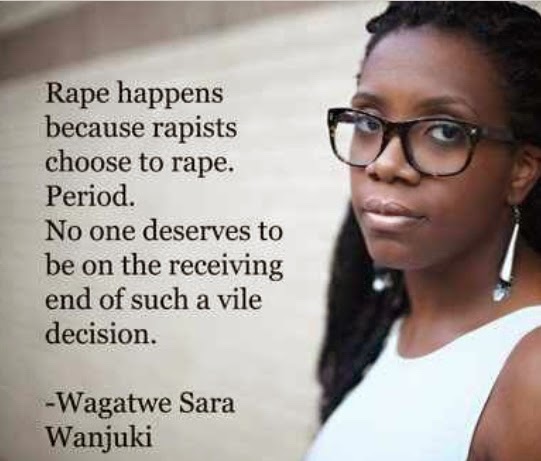I HAS INTERWEBS BACK!
I found this article on Tumblr and
it has to be the most genius thing I’ve ever read:
http://kateelliottsff.tumblr.com/post/51134366578/the-problem-with-boys-will-be-boys
In short, this little boy goes and
knocks over a little girl’s stack of blocks, his parents say: “Boys will be
boys.” Another boy knocks it over and his mother makes him apologize. A third boy
goes up and asks if he can knock it over, then they knock it over together and
rebuild it together. How cute is that last one? It’s so cute. How cute is the
first? Not cute at all.
I’m sure you’ve all seen this a
thousand times, the “teach men not to rape rather than teaching women to defend
themselves.” Why not both? No one would try to rape someone who just kicked their
ass, but if they hadn’t tried to rape them in the first place, they wouldn’t
have gotten their ass kicked.
Here is the saddest chart in the
world:
In
my first post, I used a picture from the music video of Robin Thicke’s popular
song, where he says: “I know you want it.” How many of you have heard that before? I certainly have. “You want
me, I just have to prove it to you.”
Uh,
no.
Again
– Y U NO UNDERSTAND!?!?! Tanya Horeck wrote an article about the hashtag #AskThicke
that was “for a very public—and
feminist—calling out of misogyny and sexism.” That song is a total rape anthem,
she says, and was actually banned from several universities in the UK.
Who in the blazes would write a song
like that? I’m glad that hashtag was created to call them out. “The Internet is
uniquely qualified as a venue for public shaming,” which I don’t particularly
approve of, but when it comes to bringing issues to light and raising awareness
so we can all do something about, go for it. Tanya also wrote: “But before
getting carried away with the radical potential of digital media, it is vital
not to forget that social networks also promulgate sexually violent discourse
and expand the opportunities to shame and humiliate women.”
This is not okay. We heard of that
sixteen year old who was sexually assaulted, then pictures of her passed out
were posted online, and people actually imitated the poses themselves with the
hashtag #jadapose. How awful for her. How would you feel if people did that to
you?
“It
is undeniable that digital culture has reconfigured the ways in which we
experience, and respond to, images of sexual violence,” Tanya concludes. We
should be using the Internet for good instead of evil. That is why I started
this blog. I find all of this humiliation and lack of prosecution of rapists horrific.



No comments:
Post a Comment